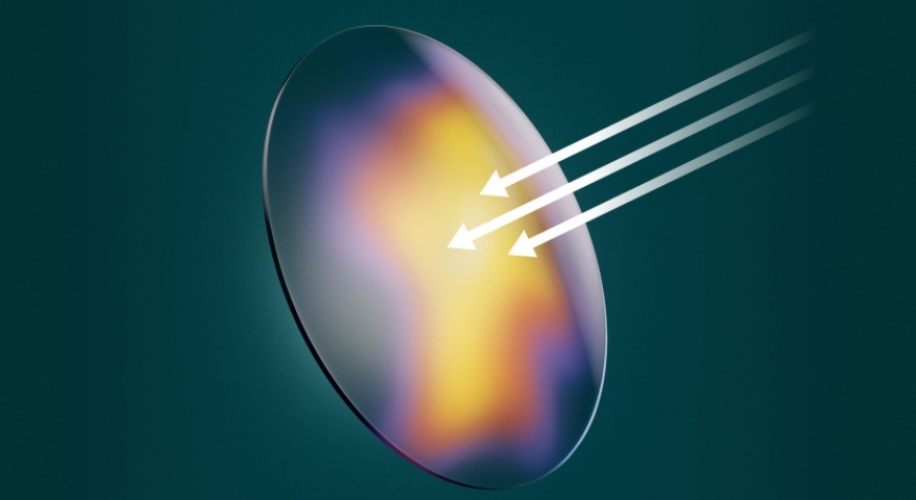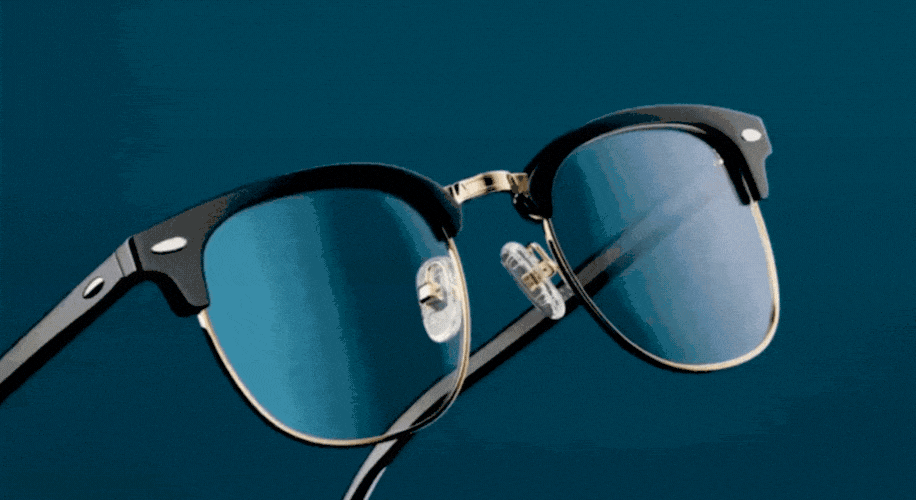EyeQLenz vs. Standard Lens: A Heat Blocking Experiment
- BY Dr. Steven Liem
- IN Lenses
In an era where eye health is becoming increasingly important, understanding the protective qualities of your eyewear can make a significant difference. With 54% of the sun’s radiation being infrared (IR), overexposure can lead to serious damage not only to our eyes but also to the delicate skin around them. This is where the innovative EyeQLenz technology comes into play. Let’s explore how EyeQLenz stacks up against standard lenses in our recent heat-blocking experiment.
Understanding the Risks of Infrared Radiation
Infrared radiation, while not as commonly discussed as UV rays, poses a real threat to our eye health. Prolonged exposure can contribute to aging and other eye-related conditions. While many standard lenses focus solely on UV protection, they often fall short when it comes to safeguarding against IR radiation. This is where EyeQLenz’s anti-IR technology shines, offering comprehensive protection against the harmful effects of the sun.
The Experiment Setup
To illustrate the differences between EyeQLenz lenses and standard lenses, we conducted a controlled experiment using an infrared heat lamp and a thermometer. The initial temperature recorded was a comfortable 76.6 degrees Fahrenheit. We aimed to observe how each lens type responded to prolonged exposure to IR radiation over time.
Results After 1 Minute 40 Seconds
After 1 minute and 40 seconds under the heat lamp, the temperature of the standard lens climbed to 86.9 degrees Fahrenheit. In contrast, the EyeQLenz lens only reached 82.7 degrees Fahrenheit. This initial difference suggests that EyeQLenz is already proving to be more effective at blocking heat generated by infrared radiation, thus providing better comfort and protection.
Results After 6 Minutes 40 Seconds
The real contrast became evident after a longer exposure. At the 6 minute and 40-second mark, the standard lens temperature soared to 107.2 degrees Fahrenheit, while the EyeQLenz lens remained significantly cooler at 100.4 degrees Fahrenheit. This indicates a temperature differential of nearly 7 degrees, underscoring EyeQLenz’s capacity to mitigate the thermal impact of IR radiation.
Long-Term Benefits of EyeQLenz Technology
The sustained difference in temperature between the two lenses highlights a crucial advantage of EyeQLenz technology. By remaining cooler, EyeQLenz lenses can help protect against the thermal effects of IR radiation, potentially reducing the risk of long-term eye damage and skin aging. Additionally, EyeQLenz lenses feature blue light blocking capabilities, light adaptability, and UV protection—making them a comprehensive solution for modern eyewear needs.
The Importance of Comprehensive Eye Protection
As we continue to spend more time outdoors and in front of screens, ensuring that our eyes are protected from all types of harmful light is more important than ever. EyeQLenz lenses offer a multi-faceted approach to eye protection, combining anti-IR technology with features designed to reduce exposure to both blue light and UV rays. This multifaceted protection is essential not only for comfort but also for maintaining overall eye health.
Choose Wisely for Your Eye Health
When it comes to protecting your eyes and skin from the effects of infrared radiation, blue light, and UV rays, investing in advanced light-adaptive lenses like EyeQLenz is a wise choice. The results of our heat-blocking experiment clearly demonstrate that EyeQLenz technology provides superior protection against the harmful thermal impacts of the sun compared to standard lenses. Don’t compromise on your eye health—choose EyeQLenz to defend against aging and promote a lifetime of healthy vision.



